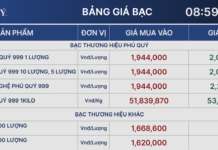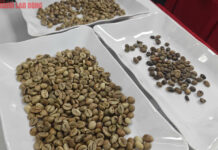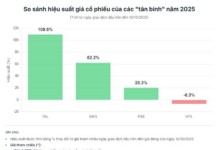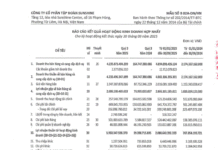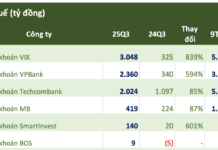Before Tet, images of peach and kumquat trees being chopped and broken pots on the sidewalk on Lang Street, Duong Dinh Nghe Street, and Trung Kinh Street (Hanoi) were widely circulated on social media. Videos showing vendors arguing with customers who only wanted to pay 100,000 VND for a kumquat tree were also widely shared. Many places that sell peach and kumquat trees are experiencing a slump in sales.
|
A clip featuring vendors and farmers talking about growing peach trees for the Year of the Horse. |
Nguyen Thi Mai Trang (46 years old, from Cao Bang) has been growing and selling peach trees in Nhat Tan for nearly ten years. She said that this year, sales have been slow due to multiple factors. The overall economic situation is difficult, leading to a decrease in purchasing power. Last year, customers were willing to pay 2-3 million VND for a large branch or 200,000 VND for a small branch. This year, selling a large branch for 1.5 million VND already requires negotiation, while small branches are only sold for 50,000 VND. The sudden changes in weather from extreme cold to hot have also affected the growth of the trees.
“To ensure the healthy growth of peach trees, the temperature needs to be stable between 17-25 degrees Celsius. When it’s too cold, the tree cannot grow and the leaves and buds wither and easily break. When it’s too hot, the flowers bloom too quickly. This year, there were also saltwater rainfalls that quickly damaged the leaves and flowers,” Trang said.
Tran Tuan Viet (48 years old), the owner of a renowned peach garden in Nhat Tan, said that for garden owners with established customer networks such as government agencies, businesses, and some individual customers like himself, the business situation is not too difficult as the number of customers remains stable. The price of peaches sold to government agencies and businesses has only decreased slightly by 10-15%. In terms of quantity, his products are still sold out, and he even has to import more to meet customer demand.

Pruning peach branches in Nhat Tan after Tet.
However, wholesale garden owners have suffered significant losses. “I was lucky to not suffer any losses, but some of my colleagues have lost hundreds of millions of VND in the peach season this year,” Viet said.
Bui The Manh (61 years old), one of the first artisans to bring bonsai kumquat trees to Tu Lien village for cultivation and sale, said that the business situation for kumquats in the village has also been less prosperous compared to previous years. In addition to economic and weather factors, Tu Lien village is also facing competition from other localities such as Van Giang (Hung Yen) and Dong Hoa (Nam Dinh).
“In the past 10 years, the area used for kumquat cultivation in Tu Lien village has gradually decreased due to urbanization. Currently, there are about 400 households growing kumquat trees in the village, and they can provide about 100,000 trees for Tet. Meanwhile, other localities can provide several hundred thousand trees each Tet,” Manh said.
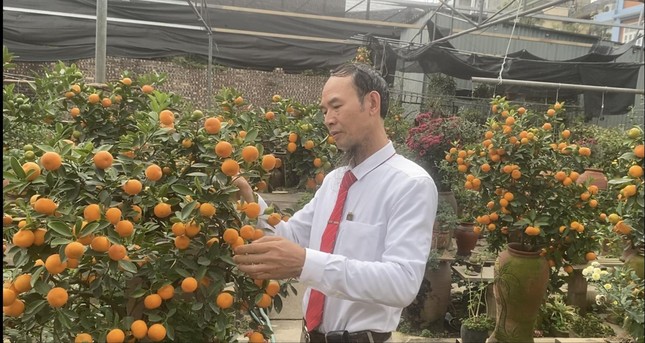
An artisan with remaining kumquat pots after Tet.
According to Manh and Trang, the sluggish market for peach and kumquat trees this year is also due to the impact of the construction project for an overpass at the An Duong – Thanh Nien intersection on Au Co Street. The long fence of the project has completely blocked the entrance to Tu Lien village from Au Co Street. However, this is a key route for peach trees to be transported to other places.
The project started in June 2020 and was expected to be completed in 2021, with a total investment of 815 billion VND. However, it has not been completed yet, causing difficulties for residents and businesses in the area.

